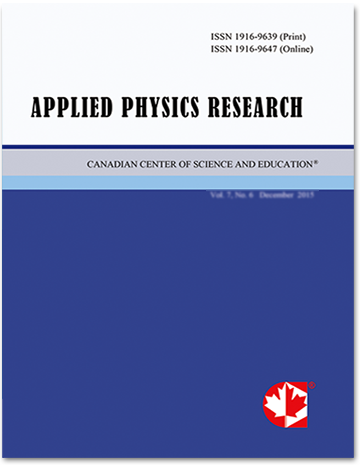Manifest Covariant Hamiltonian Theory of General Relativity
- Claudio Cremaschini
- Massimo Tessarotto
Abstract
The problem of formulating a manifest covariant Hamiltonian theory of General Relativity in the presence of source fields is addressed, by extending the so-called “DeDonder-Weyl” formalism to the treatment of classical fields in curved space-time. The theory is based on a synchronous variational principle for the Einstein equation, formulated in terms of superabundant variables. The technique permits one to determine the continuum covariant Hamiltonian structure associated with the Einstein equation. The corresponding continuum Poisson bracket representation is also determined. The theory relies on first-principles, in the sense that the conclusions are reached in the framework of a non-perturbative covariant approach, which allows one to preserve both the 4-scalar nature of Lagrangian and Hamiltonian densities as well as the gauge invariance property of the theory.- Full Text:
 PDF
PDF
- DOI:10.5539/apr.v8n2p60
Journal Metrics
Google-based Impact Factor (2017): 3.90
h-index (November 2017): 17
i10-index (November 2017): 33
h5-index (November 2017): 12
h5-median (November 2017): 19
Index
- Bibliography and Index of Geology
- Civil Engineering Abstracts
- CNKI Scholar
- CrossRef
- EBSCOhost
- Excellence in Research for Australia (ERA)
- Google Scholar
- Infotrieve
- LOCKSS
- NewJour
- Open J-Gate
- PKP Open Archives Harvester
- SHERPA/RoMEO
- Standard Periodical Directory
- Ulrich's
- Universe Digital Library
- WorldCat
Contact
- William ChenEditorial Assistant
- apr@ccsenet.org
